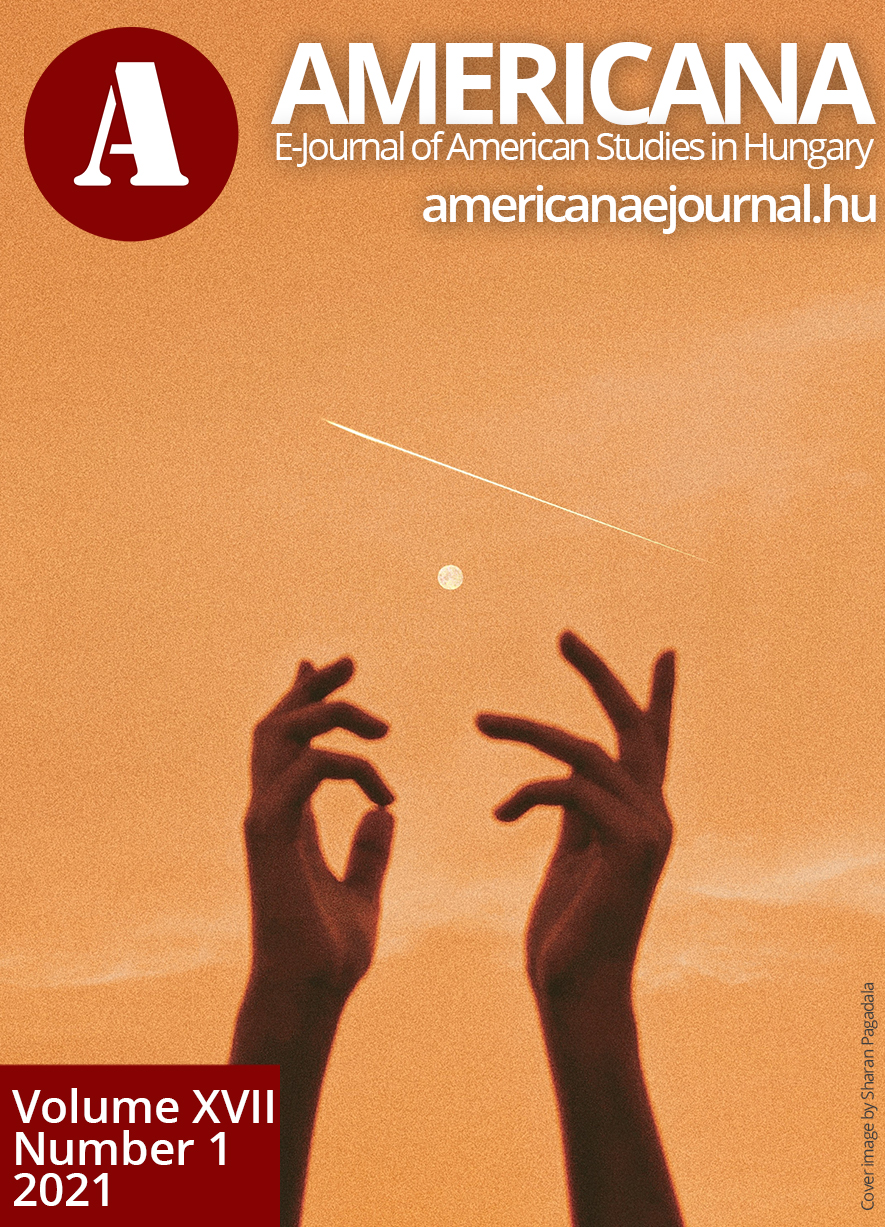The Maternal Body: Female (Inter)Subjectivity in Toni Morrison’s novels
Main Article Content
Abstract
The discursivity of female bodies is a thread that guides the readers through Toni Morrison’s novels. Black mothers recur in different forms trying to cope with transgenerational traumas, trying to be connected with others, including their children. However, the experience of slavery and consequently the deconstruction of motherhood and family is always a haunting presence. This essay takes mother-child relationships as a lense through which the intersubjective, embodied narratives of the female characters are explored. It concludes that mothers and their children are not only physically connected from the beginning, but metaphysically as well: there are certain narrative patterns that connect them. These common, shared stories often include being left alone by the parents, being raped or being unable to love. In many novels, stories of births highlight the most prominent aspects of these maternal narratives, like in A Mercy, Beloved, The Bluest Eye or God Help the Child. These women embody the struggle with these transgenerational patterns of dysfunctional motherhood, and it is often the novel itself that provides a safe space for their narratives to be articulated, and so break out from the everlasting repetition of pregiven patterns to gain a possibility for self-definition and self-love.
Downloads
Article Details

This work is licensed under a Creative Commons Attribution-NonCommercial 4.0 International License.

